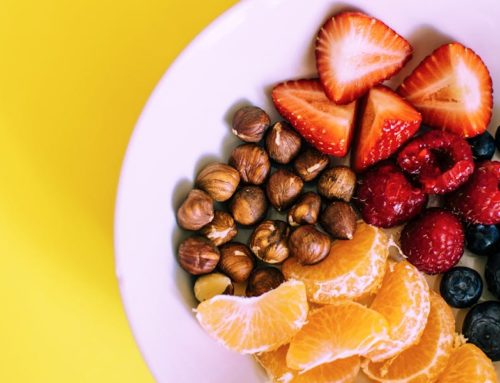Weight reduction in regard to the hormone insulin, not calorie restriction.
Regardless of caloric deficit, a fat cell will not shrink in the presence of insulin, and a fat cell will not grow in the absence of insulin. This is why some people cannot lose weight no matter how hard they work out or restrict calories. To reduce weight, focus on the endocrine/hormonal aspect, mostly insulin (not calorie counting, which is the old futile way).
Insulin basics:
- The purpose of insulin is to promote the uptake of glucose (from food we have eaten) from the blood into the cells to provide energy, mostly muscle cells
- There are insulin receptors on every cell in the body
- When insulin is elevated too high for too long it promotes energy storage/insulin resistance
- Insulin resistance potentially affect up to 88%of adults, and happens years before high blood glucose readings, and potentially type 2 diabetes

How to reduce insulin resistance: improve insulin sensitivity, reduce stress, and exercise.
Improve insulin sensitivity (the most important variable):
- Control carbohydrate intake. Scrutinize grains like wheat, rice, and corn and aim to get most carbohydrates from fruits and vegetables being mindful not to over-consume fruit which adds up sugars quickly.
- Prioritize proteins. Animal, egg, and whey are superior proteins.
- Fill remaining calories with healthy fats, which are inconsequential to blood sugar and insulin. These include animal and fruit fats such as avocado, coconut, and real olive oil. Stay away from soybean, vegetable, and seed oils, which contain an abundance of omega-6 fatty acids and are highly inflammatory.
- Practice time-restricted eating or intermittent fasting. The idea that we need to eat many small meals often, is false. Eating all throughout the day sends a message to our body to keep producing insulin over and over, leading to insulin resistance. Instead, intermittently fast, and when you do eat-enjoy it! Eat plenty of nutritious foods until satiety is reached.
Reduce Stress:
- Reduce stress, therefore lowering cortisol and adrenaline which spike blood sugar and sabotage weight management efforts
- The single best way to do this is to have better sleep habits
- Studies have found that one bad night of sleep impairs insulin sensitivity the next day
- Studies have also found that a night of bad sleep increases ghrelin (the “hunger” hormone) and decreased leptin (the satiety or “full hormone”)
Exercise:
- Muscle is the main consumer of glucose in our body
- When resistance training, muscle contraction utilizes glucose, therefore lowering the amount of glucose in the blood, and ultimately lowering insulin.
- Follow the exercise with a high fat and protein, low carb meal and the insulin lowering benefits can continue, even until the next day.







